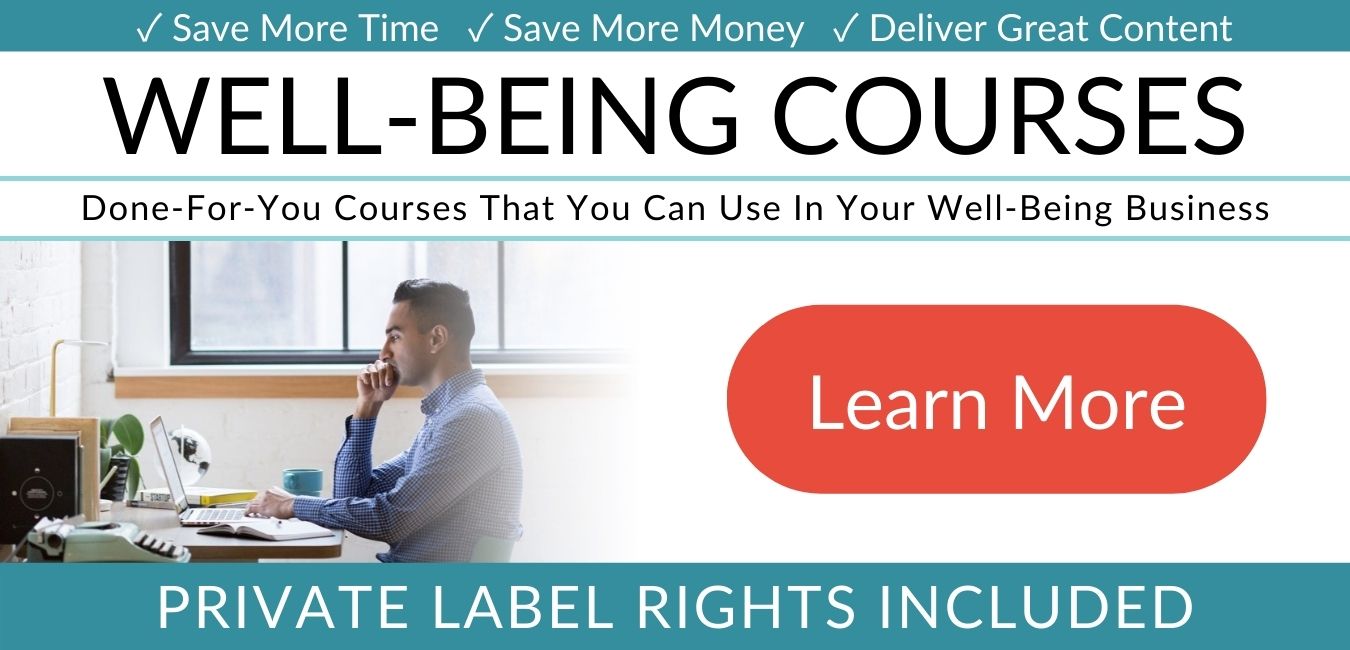Believe in Yourself: Why It's Important and How to Do ItWant to believe in yourself more? Learn what self-belief is, why it matters, and discover science-based tips for how to start believing in yourself.
*This page may include affiliate links; that means I earn from qualifying purchases of products.
What Does It Mean to Believe in Yourself? (A Definition)Believing in yourself means having confidence in your own abilities. It means being able to trust yourself to do what you say you'll do and knowing that those efforts will result in the desired outcomes. That means that believing in yourself comes from a mixture of several key psychological experiences—experiences like self-worth, self-confidence, self-trust, self-respect, autonomy, and environmental mastery. Below we'll talk about how to build each of these components of yourself and why doing so can help you believe in yourself more.
Why Is Believing in Yourself Important?When we believe in ourselves, it kicks into gear all sorts of psychological processes that help us achieve our goals, manifest our dreams, and increase our well-being. But the flip side is also true. Lack of self-confidence or lack of belief in ourselves means we are less likely to act, to change, or to push to make things better. As a result, when we expect to fail, we are actually more likely to fail (Bénabou & Tirole, 2002).
That means that believing in ourselves is kind of like the key that turns the ignition and starts the car. We can't really go anywhere without it. Try as we might to push ourselves forward, we're blocked because our thoughts, attitudes, and actions aren't in alignment with our goals. So we either don't do what we need to do or we sabotage ourselves along the way, sometimes in obvious ways and sometimes in ways that are totally unconscious to us. Given that believing in ourselves is so important, how do you just believe in yourself already? Are You a Therapist, Coach, or Wellness Entrepreneur?
Grab Our Free eBook to Learn How to
|
Are You a Therapist, Coach, or Wellness Entrepreneur?
Grab Our Free eBook to Learn How to Grow Your Wellness Business Fast! |
Terms, Privacy & Affiliate Disclosure | Contact | FAQs
* The Berkeley Well-Being Institute. LLC is not affiliated with UC Berkeley.
Copyright © 2024, The Berkeley Well-Being Institute, LLC
* The Berkeley Well-Being Institute. LLC is not affiliated with UC Berkeley.
Copyright © 2024, The Berkeley Well-Being Institute, LLC




